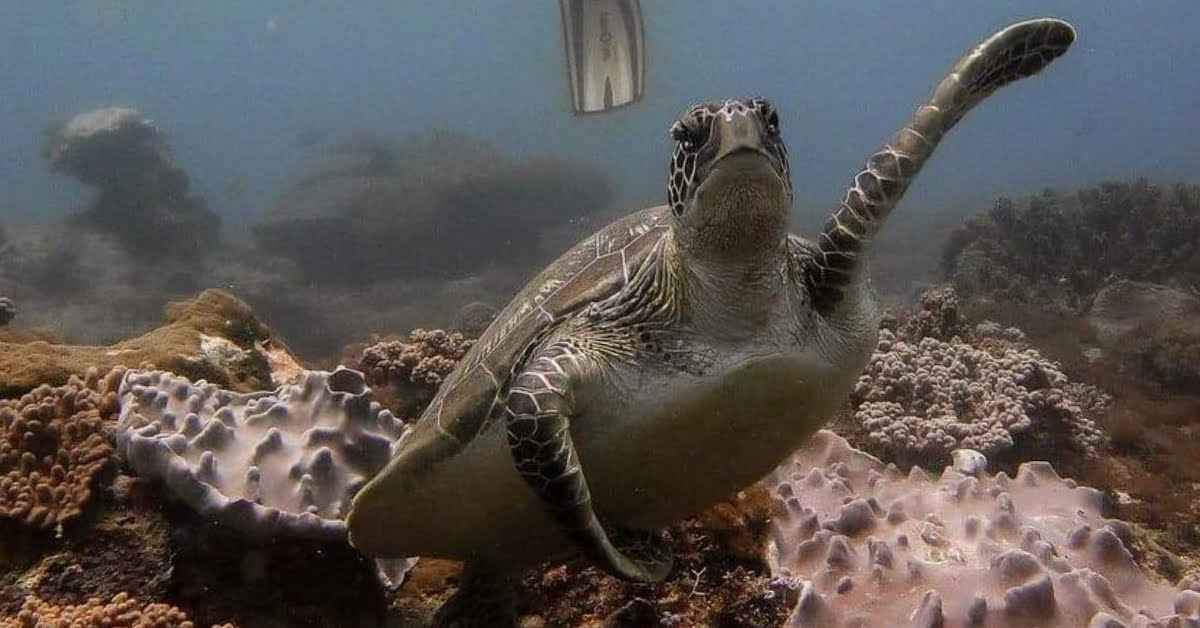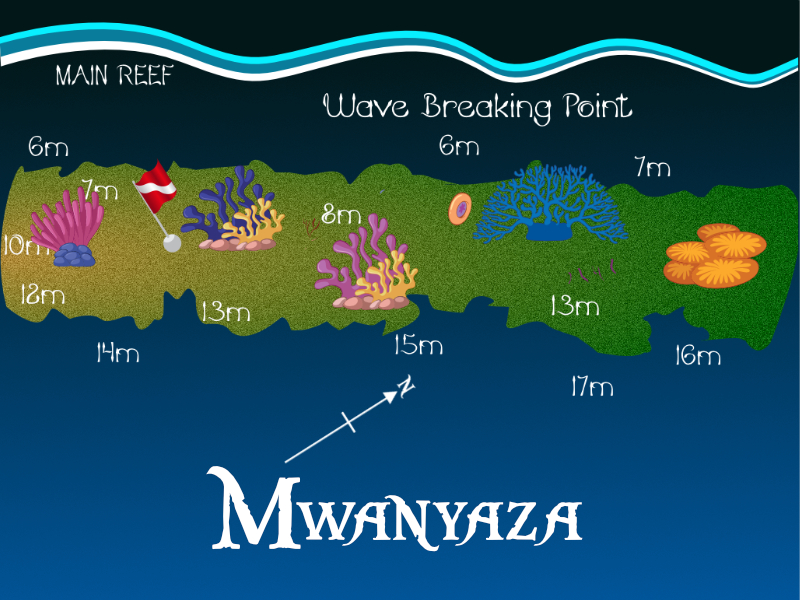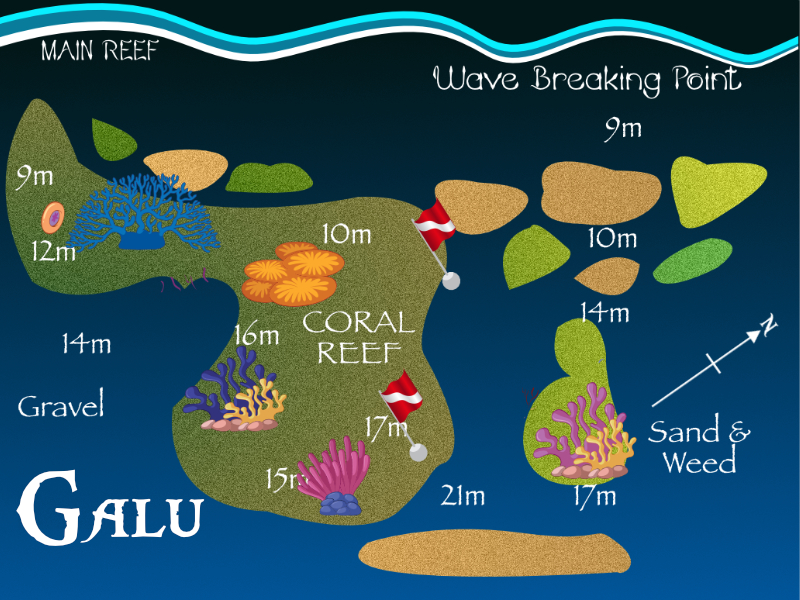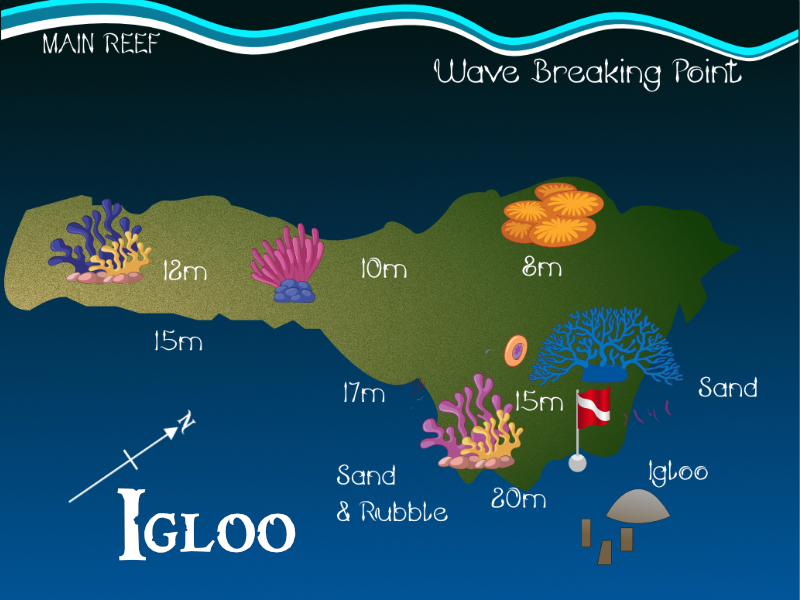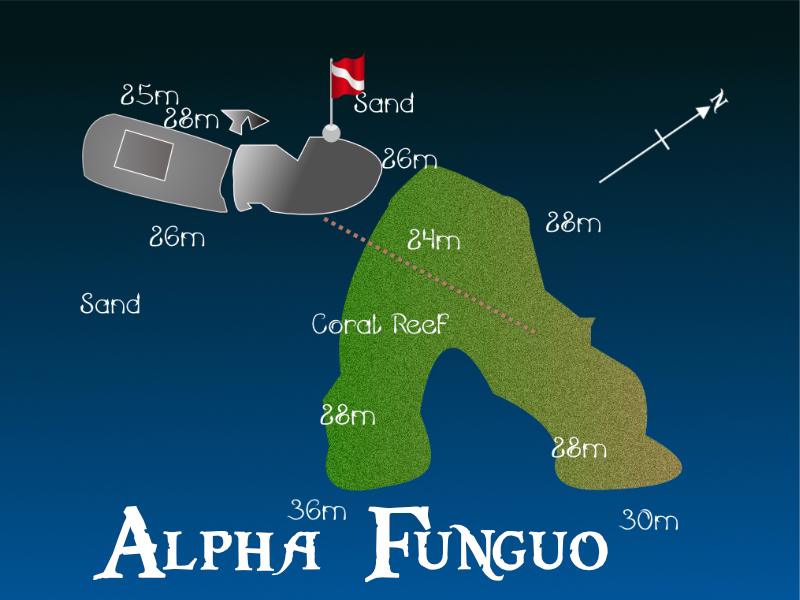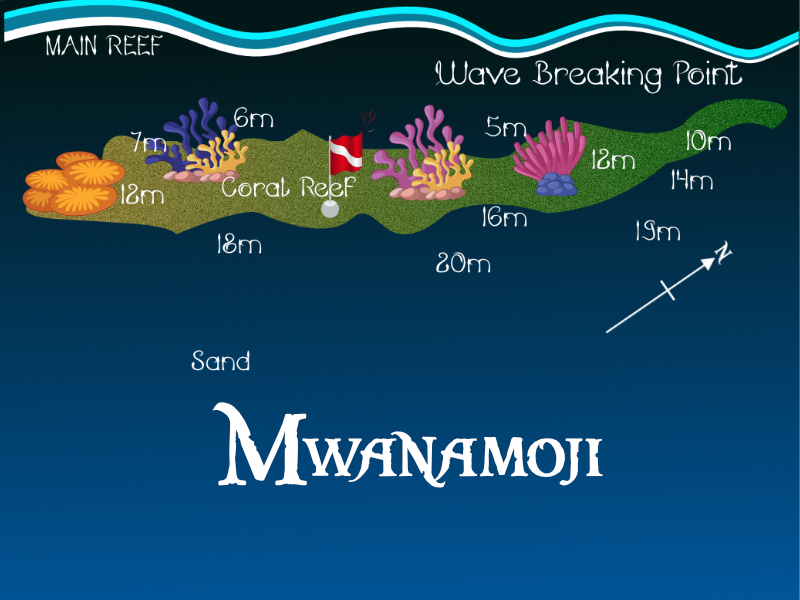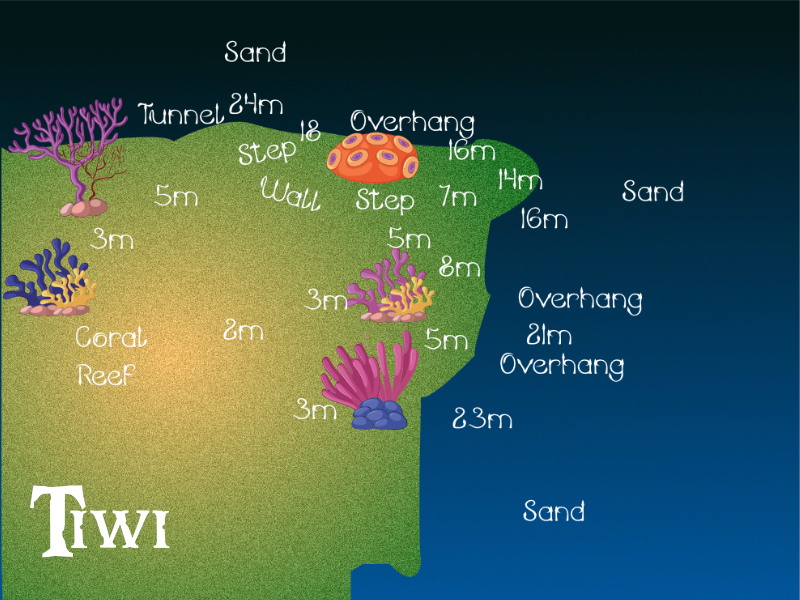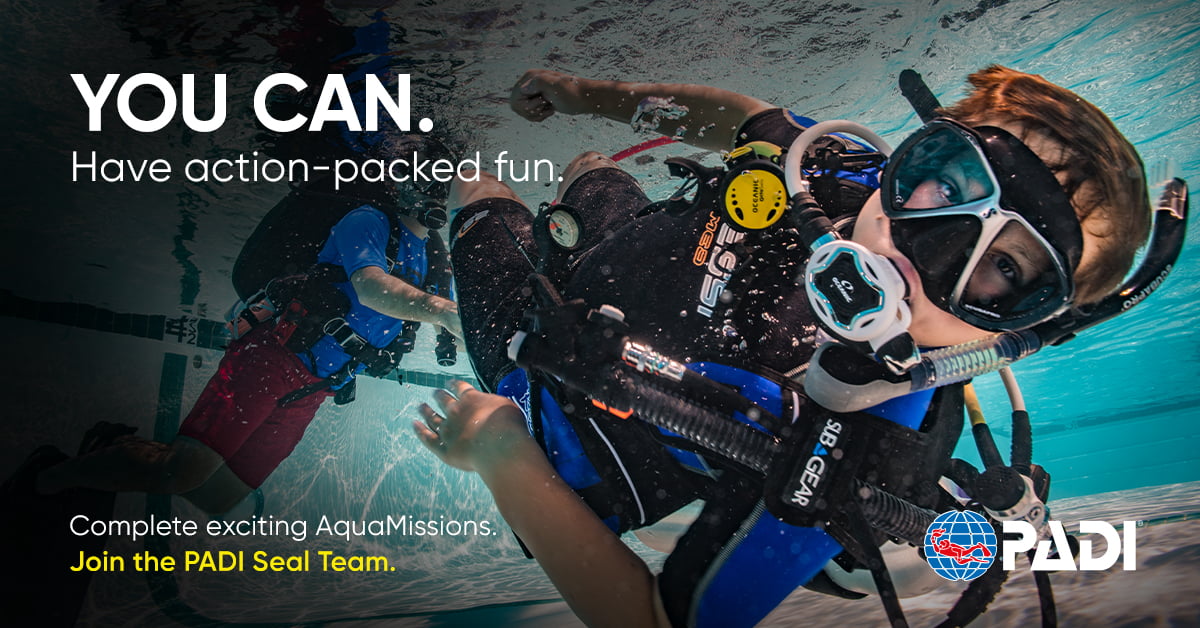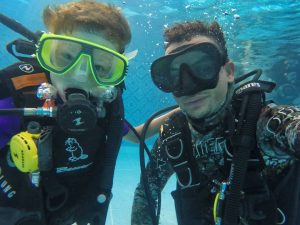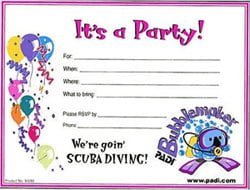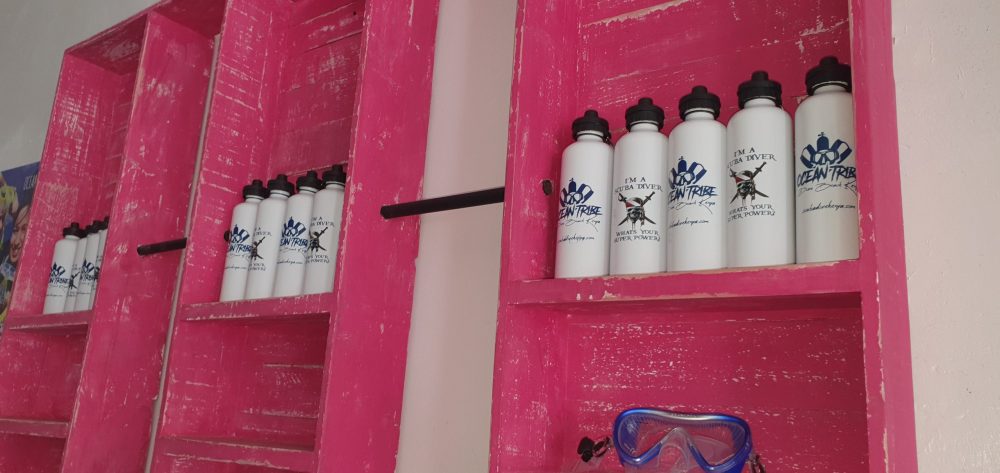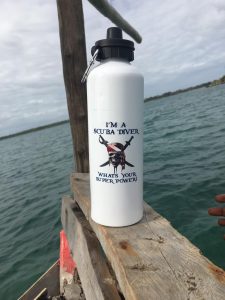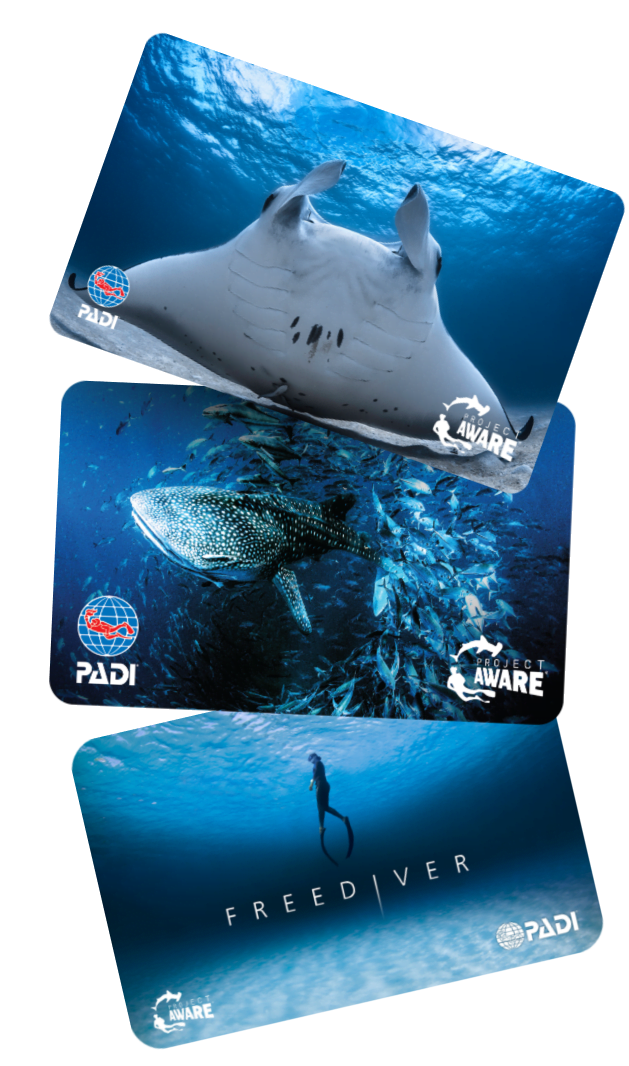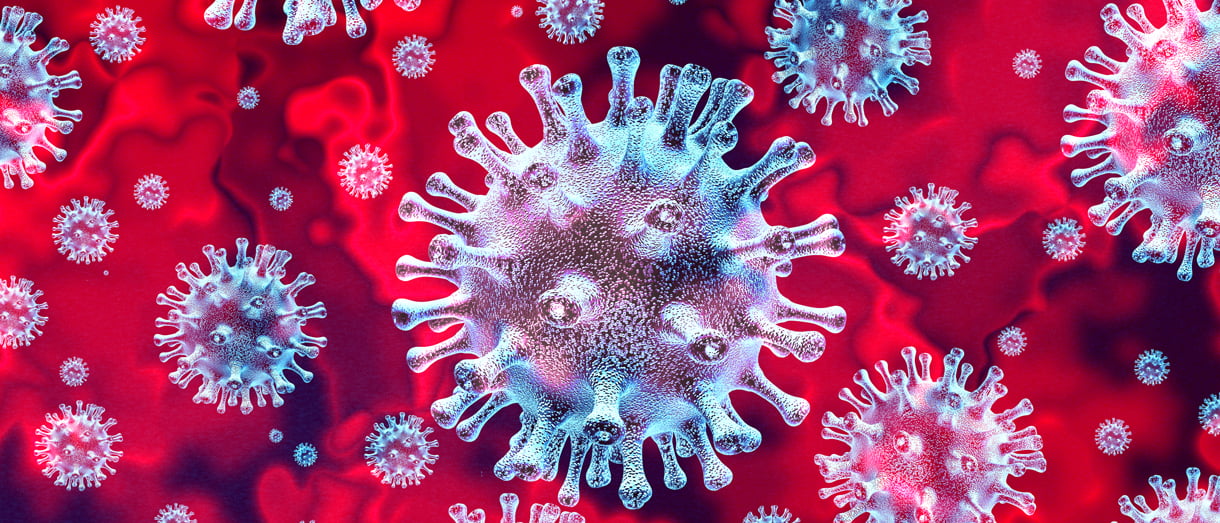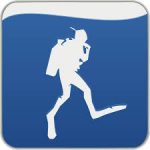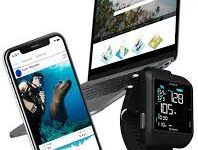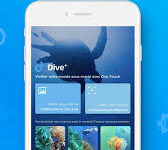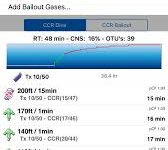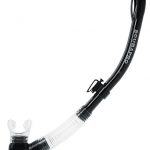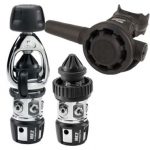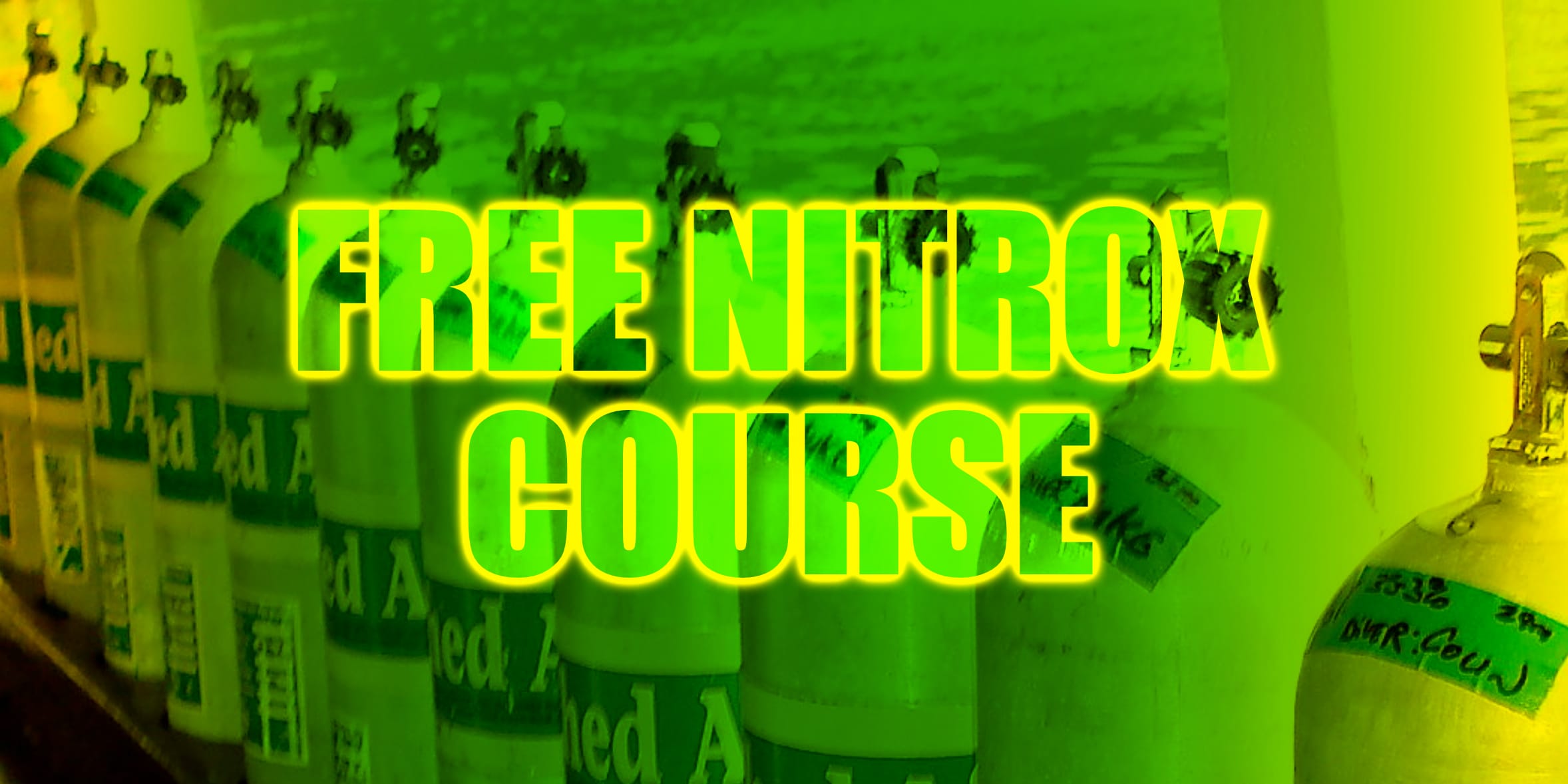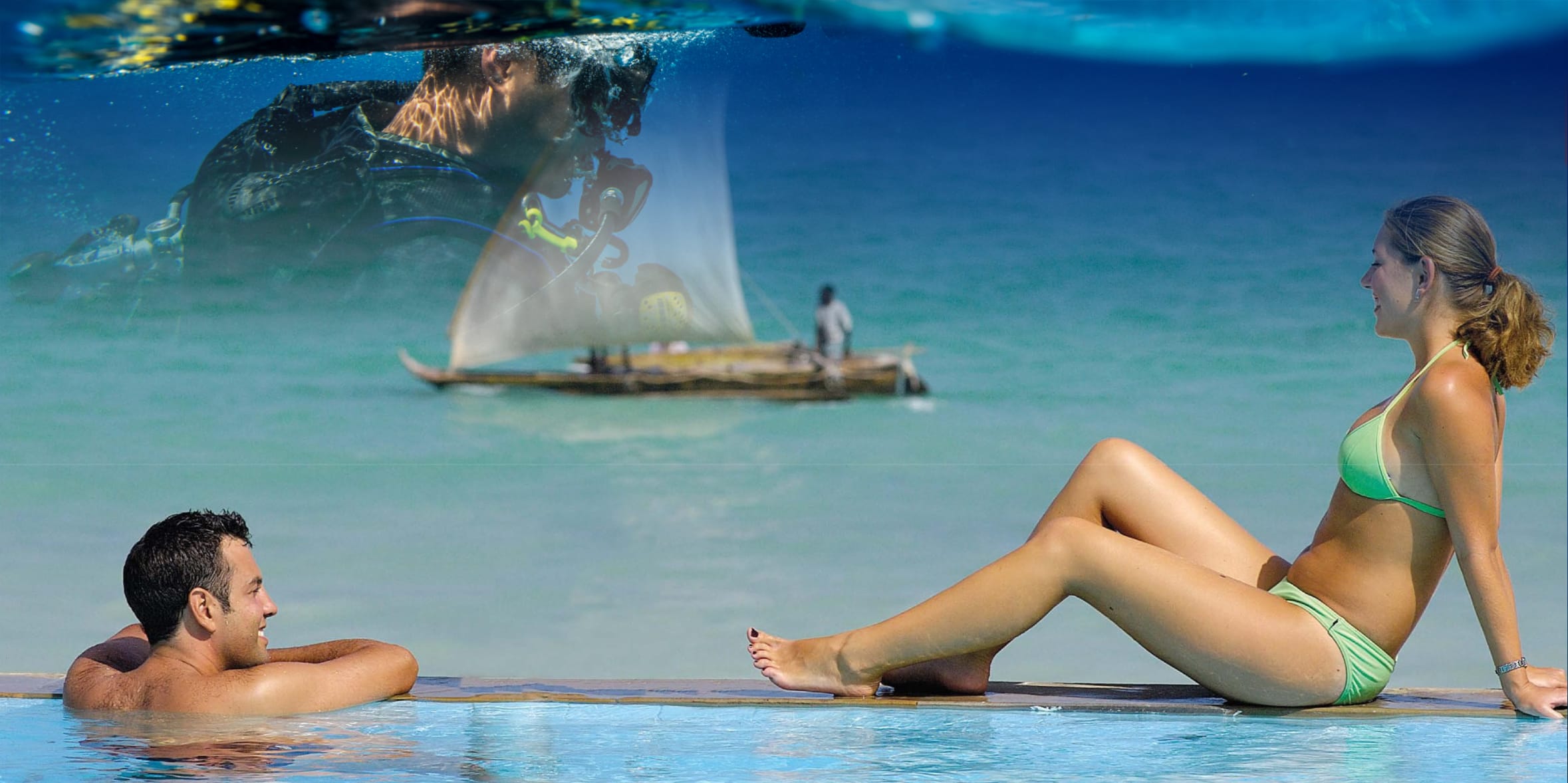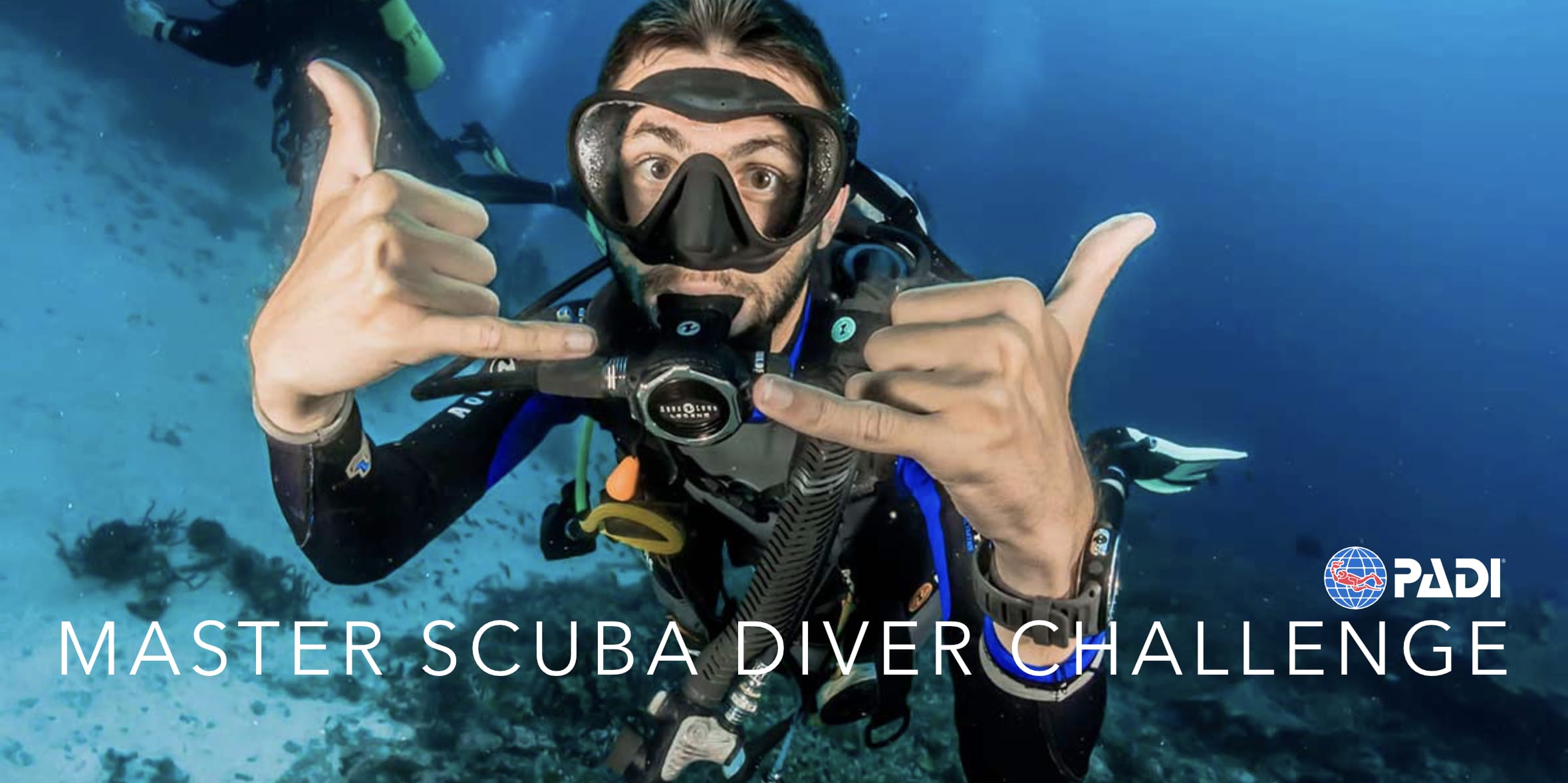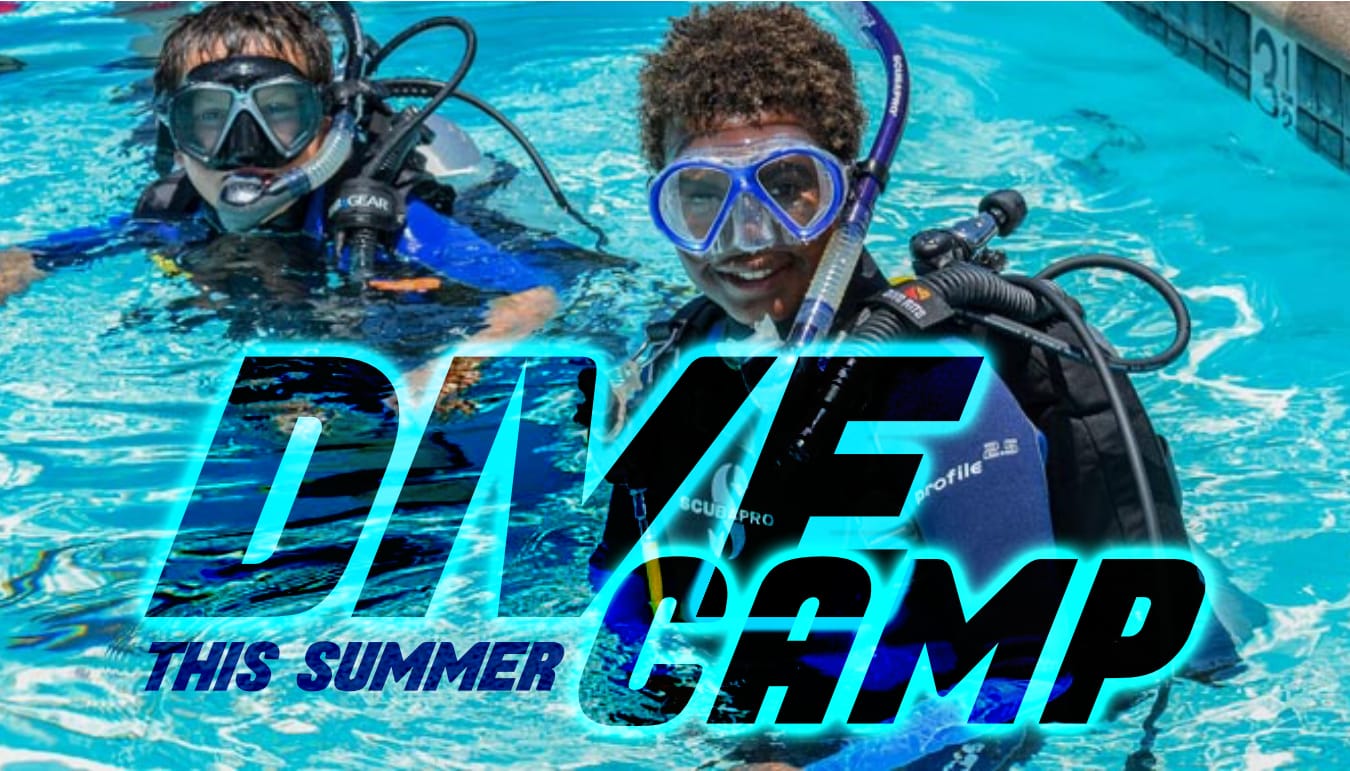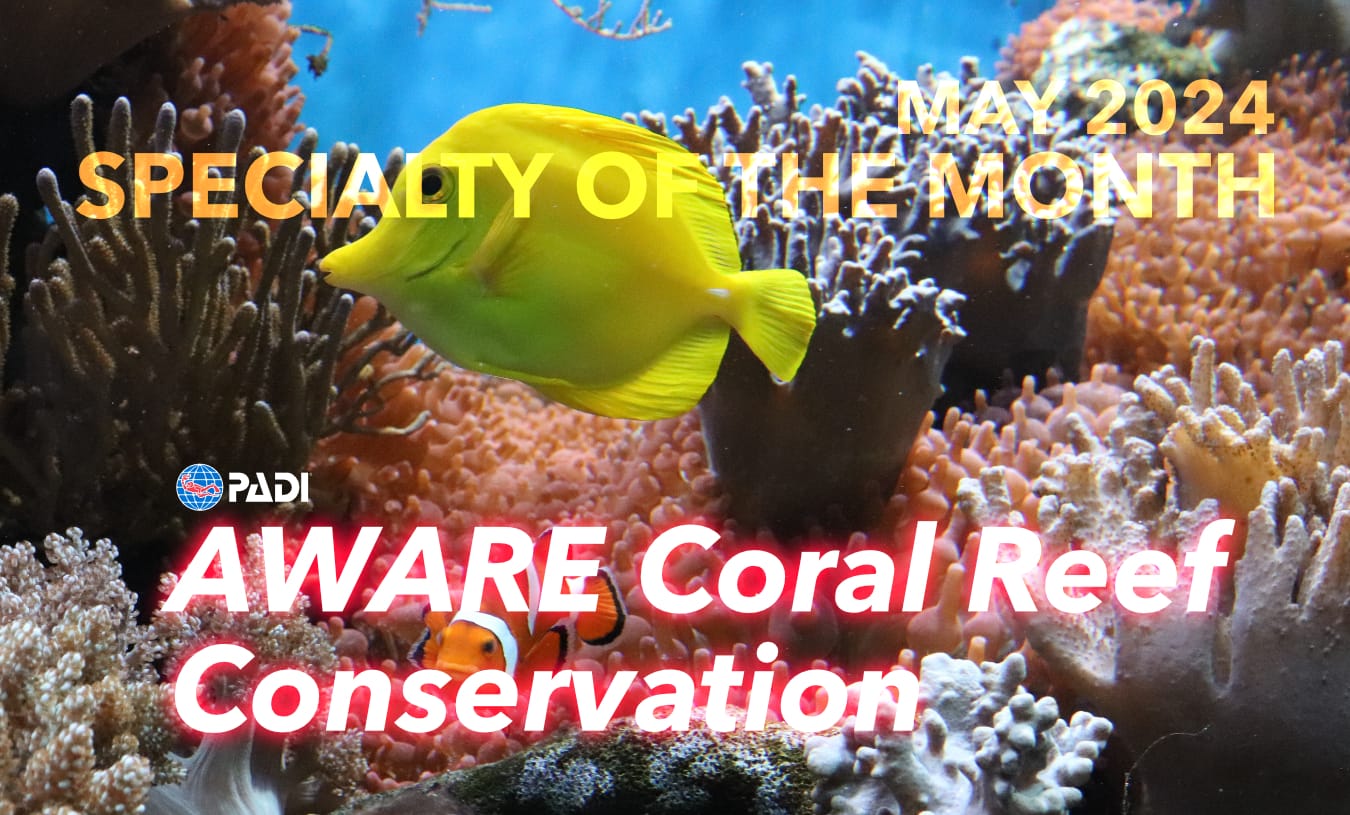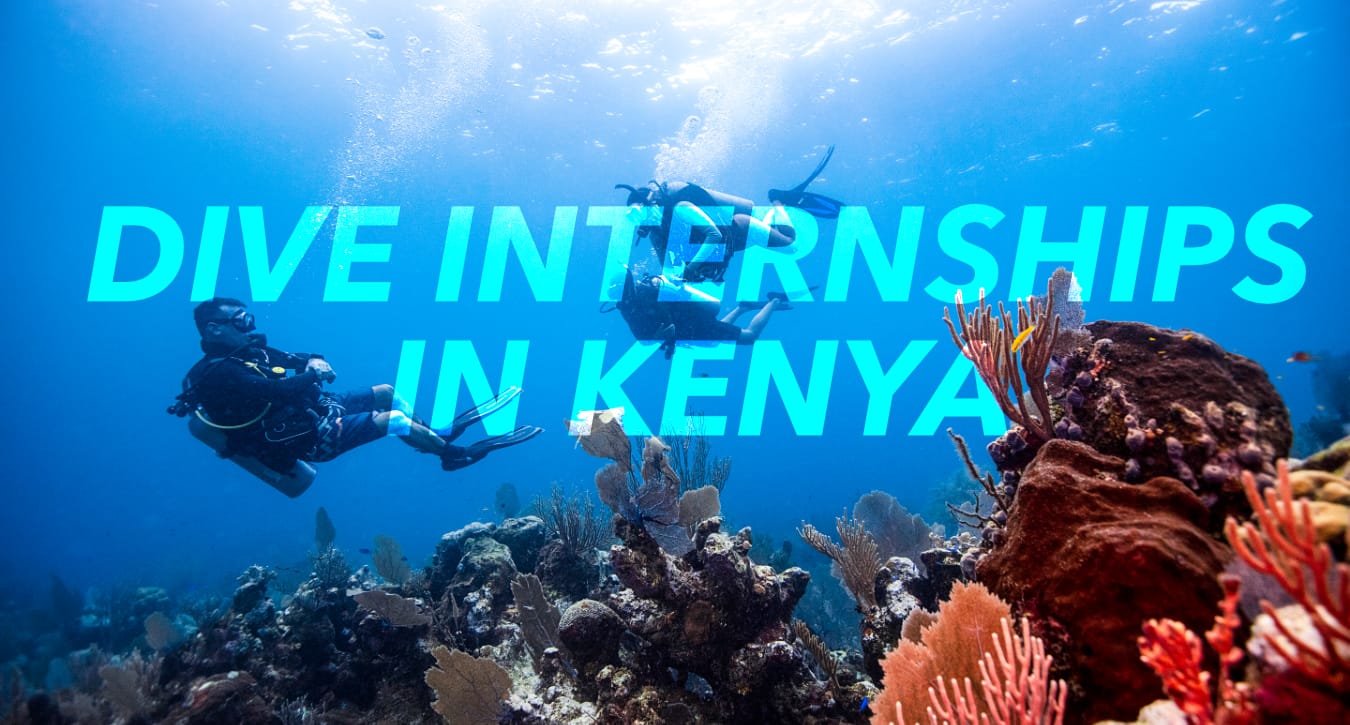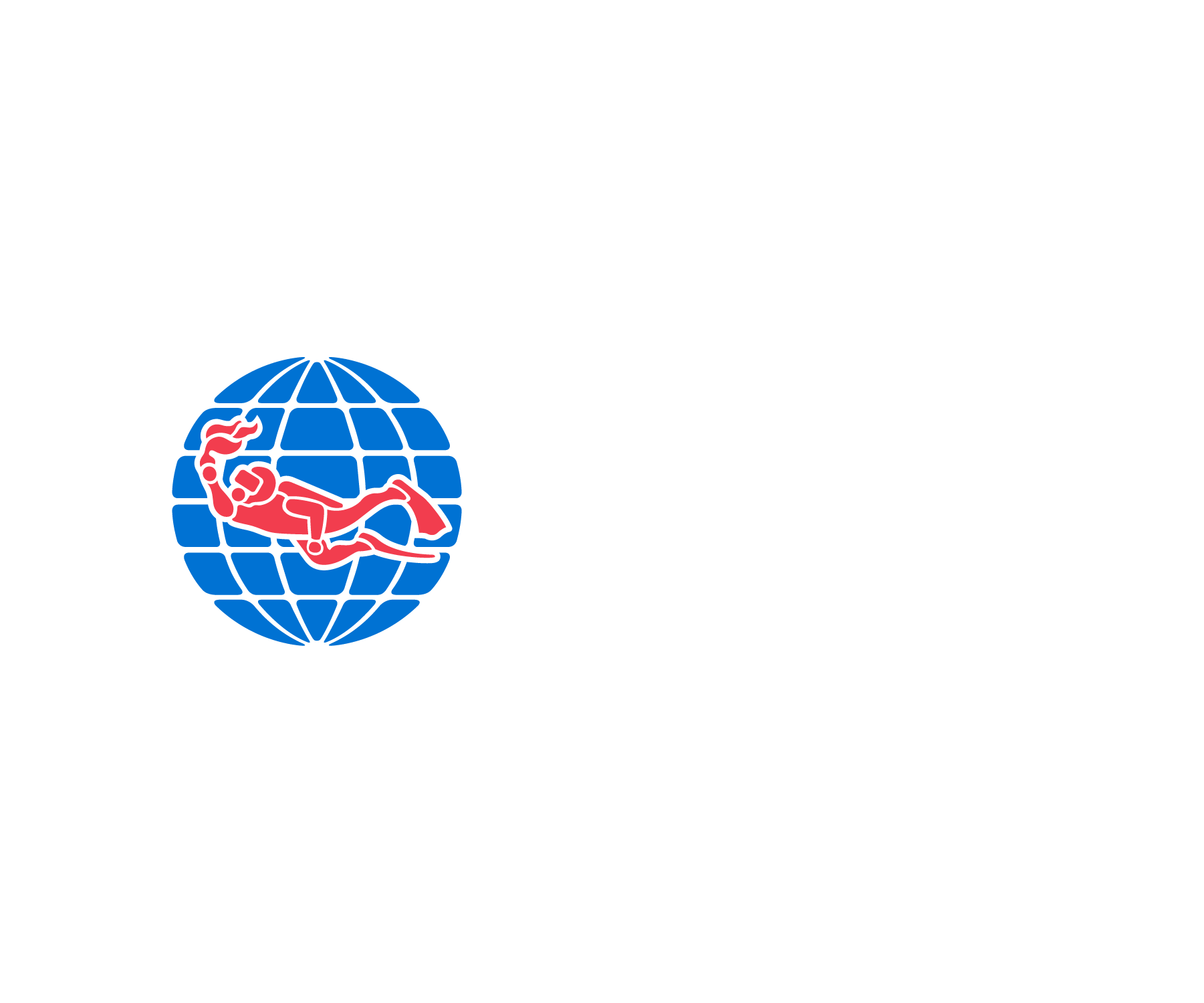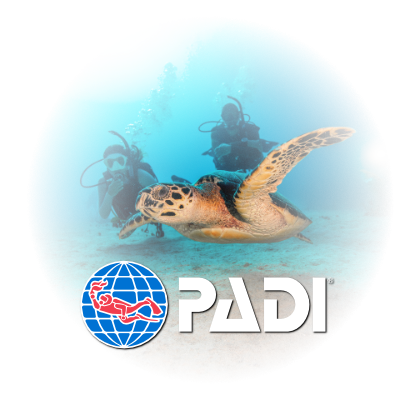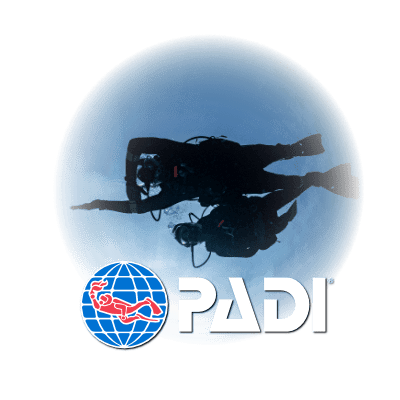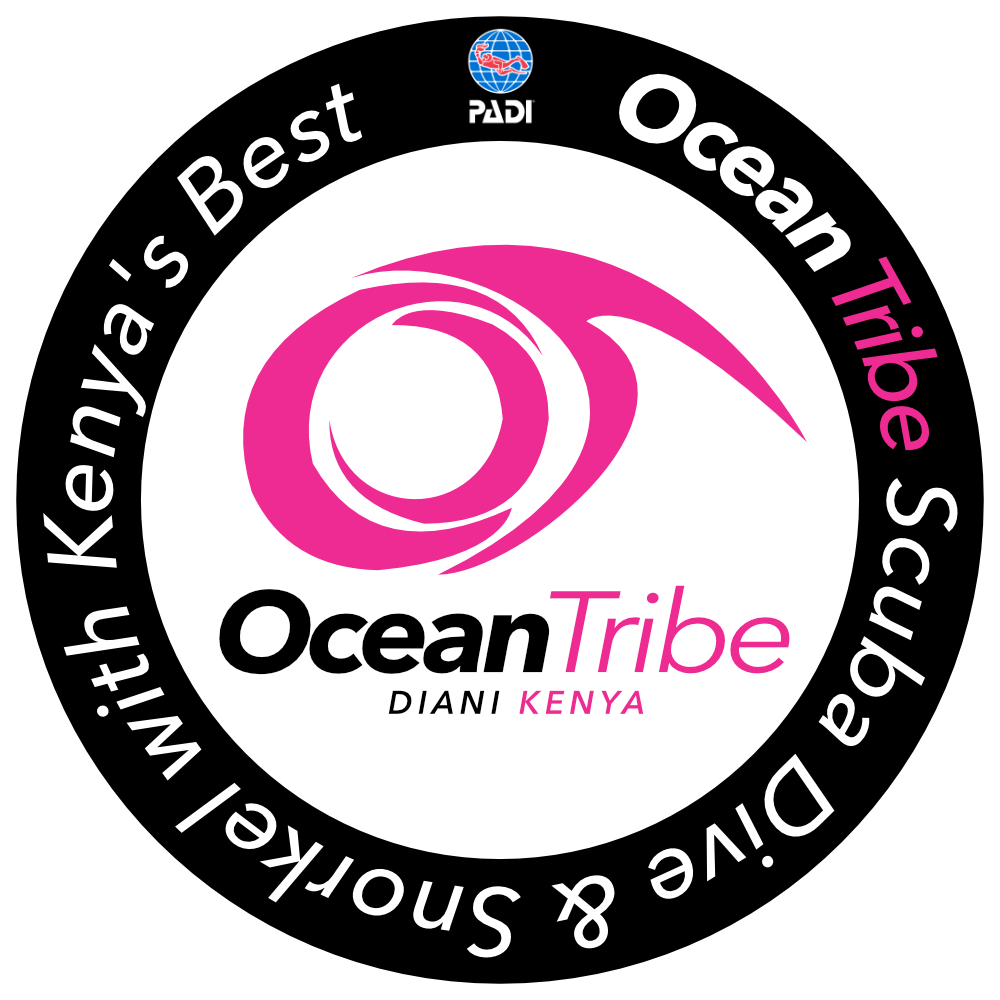Kenya Dive Sites- Where Will I Dive in Diani?
We often get asked by our divers which of the Kenya dive sites you will visit on your dive safaris with Ocean Tribe in Diani Beach, Kenya. Ocean Tribe run daily diving trips to both the local Diani reef and wreck dives sites as well as the Kisite National Marine Park. All of these sites rank amongst Kenya’s best dive sites and have remarkably unspoilt coral and a wide range of marine life.
Diani’s dive sites offer opportunities for awesome underwater encounters from the giant whale shark and manta rays (from October to March) with a vast array of macro marine life and a very large turtle community. There is also a shipwreck which was purpose sunk as an artificial reef.
Daily dive sites are selected based on conditions and the experience levels of the divers but the dive sites can cater for a large range of diver from beginner, to intermediate and advanced levels.
All of the dive sites are within a half an hour boat ride and visited on two tank dive trips. The exception to this are the Kisite National Marine park dives which are done on a full day out on a dhow.



Kinondo
Suitable for intermediate and advanced divers, Kinondo boasts the largest fish population of the South Coast’s reefs. Divers are likely to encounter schools of barracuda, red-lipped triggerfish, yellow and blue-lined tuna. There are also opportunities to glimpse moray eels, lobster and pelagic fish.
The main dive site consists of a plateaued underwater pinnacle with average depths of around 15m but swimming off the side to the East you can achieve depths of 30-40m.
A great dive and rated as one of Kenya’s best dive sites.
Dzinani
Dzinani dive site is a necklace of three coral reefs nearby Kinondo which can be a splendid drift dive or back to the boat, depending on currents. It is suitable for intermediate and advanced divers although beginners can quite possibly dive it in better conditions on the shallower side of the reef.
There is a variety of underwater topography on Dzinani and the possibility to encounter large schools of both big and small reef fish at the south end of the reefs. The average depth of the site is around 15m although it can get deeper as you swim east.
Possible encounters include green turtles, blue spotted sting rays, moray eels, ribbon eels, leaf fish and more on this site.
Mwanyaza
Boasting turtles, lobster, octopus and sting rays, Mwanyaza is a long dive site suitable for all levels of diver. The topography is a sloping reef with typical dives done on the site being a back to the boat mooring line or if a current is present then the site makes an attractive drift dive. Depths range from around 8m to 20m with average depths being around 14-15m.
Galu
Being located directly off a land-based nesting site, Galu is home to a number of turtles, which are often encountered on dives.
The dive site is a pinnacle suitable for all levels of diver and the beautiful coral reef plays home to a wide range of species including turtles, ghost pipe fish, frog fish, crocodile fish, moray eels, Napoleon wrasse, guitar rays, lionfish, ribbon eels, Spanish dancers and more.
Depths at Galu range from 9m down to around 24m with average dive depths being around 14m.
Igloo
The reef at Igloo gets its name from an abandoned underwater habitat wreck which remains here and resembles an igloo or the Death Star from the Star Wars movies. The dive site goes as deep as 20m but there is an average dive depth of 12-13m.
Marine life that can be encountered on this reef include sweetlips, ghost pipefish, spotted snake eels, squid, octopus, ribbon and moral eels and puffer fish, to name a few. Suitable for all levels of diver.
Alpha Funguo Wreck
Suitable for advanced divers due to its sand depth of 26-30m depending on the tides, the Alpha Funguo wreck is a purpose sunk artificial reef offering a fabulous array of macro life. It has few penetration points although a swim through can be done from the broken mid-section though a hold opening. There is also the opportunity to explore a deeper coral reef by swimming off the anchor chain on the bow of the ship.
Common marine life encountered on the wreck includes grouper, schools of barracuda, snappers and Kingfish, sting rays, scorpion fish, batfish and jackfish.
Kisima Mungu
One of the more popular sites for starting beginner divers, the sloping reef of Kisima Mungu sits nearby to the Alpha Funguo wreck and is home to turtles, moray eels, squid, nudibranch, blue spotted stingrays, octopus, sweetlips and mantis shrimp.
Occasionally you can encounter white tip reef sharks in the blue on the sand off the reef. The reef is 1.5km long making it a good dive site for a drift dive.
Mwanamoji
A long reef most typically used as a drift dive, Mwanamoji boasts a gentle sloping reef from 10m down to around 20m with an average depth of 15m.
You have a good chance of encountering turtles on this site and other marine life includes lobster, stingrays, ribbon and moray eels, octopus, squid and helmet flying gunard.
Tiwi
Located at the end of the Congo River, meaning it can only be dived at certain times of the year, Tiwi offers a wall dive with both hard and soft coral, overhangs and a natural tunnel. Marine life includes barracuda, triggerfish, moray eels, sweetlips and nudibranch. Depths range from 3m down to 28m and with the average depth of the wall dive being around 14m.


